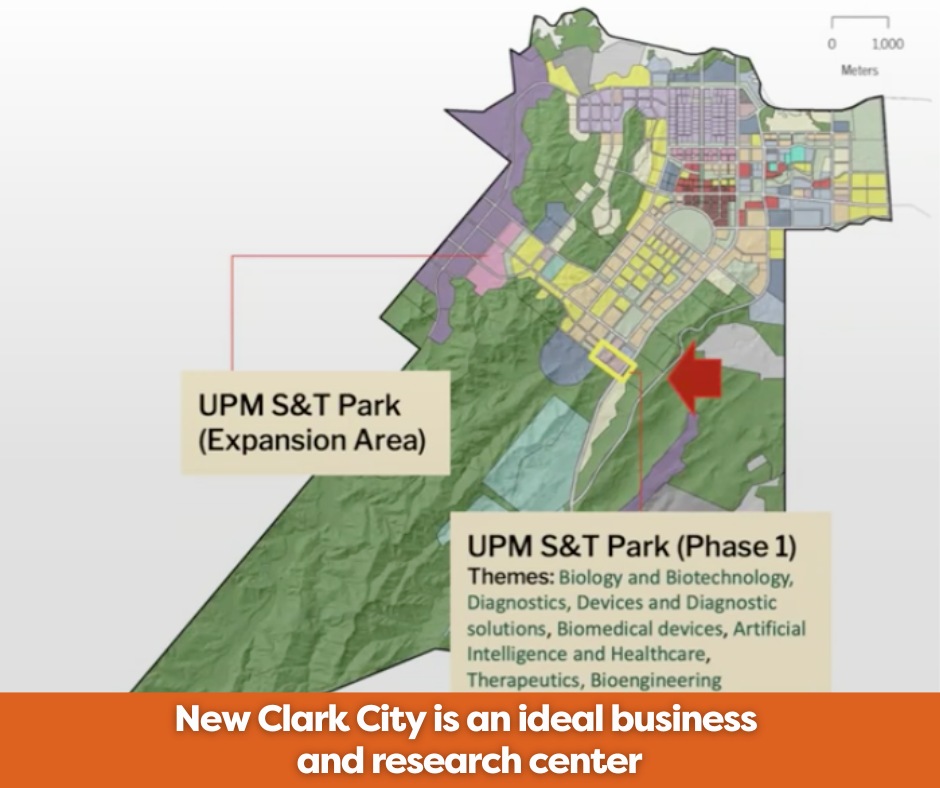
The University of the Philippines Manila (UP Manila) is establishing a Science and Technology Park (STP) designed to become the Philippines’ leading hub for innovation in health technology.
This initiative, spearheaded by former UP Manila Chancellor Dr. Carmencita D. Padilla, aims to bridge the gap between scientific research and real-world applications in healthcare.
“This will foster greater collaboration among universities, research laboratories, and companies, converting new ideas into innovative technologies for the market,” Dr. Padilla said.
The park will focus on key areas like biotechnology, diagnostics, biomedical devices, therapeutics, and artificial intelligence (AI) in healthcare.
It aspires to create a one-stop shop for technology business development, incubation and collaborative research.
The concept for the STP stemmed from challenges faced by the Philippines’ healthcare sector, particularly during the COVID-19 pandemic.
“The researchers responded during the COVID pandemic, they made the devices, the diagnostic kits, but it was difficult to move these technologies forward to the hospitals because there was a missing gap on how we can bring them over to the community,” Dr. Padilla explained.
The STP is inspired by models worldwide, such as Singapore’s Biopolis.
“One lesson we can learn from Singapore is that a 1% investment of its GDP in R&D led to a 4% increase in GDP,” Dr. Padilla remarked, highlighting the STP’s potential economic benefits.
Expected to be operational by 2030, the STP will function under the Quintuple Helix Innovation model, bringing together government, academe, industry, civil society, and the environment.
“This model brings together all the necessary pillars to ensure the success of the STP. These pillars include the government, which provides the political system, funding, and regulatory bodies; academia, encompassing not only UP Manila but all universities with an interest in scaling up health-related products; civil society; industry; and the environment. For the STP to be successful, all these elements must be in place,” said Dr. Padilla.
The International Association of Science Parks (IASP) has said STP parks facilitate knowledge and technology transfer and support the growth of innovation-based companies.
Dr. Padilla noted they “are viewed globally as tools to create clusters that boost economic growth and international competitiveness.”


